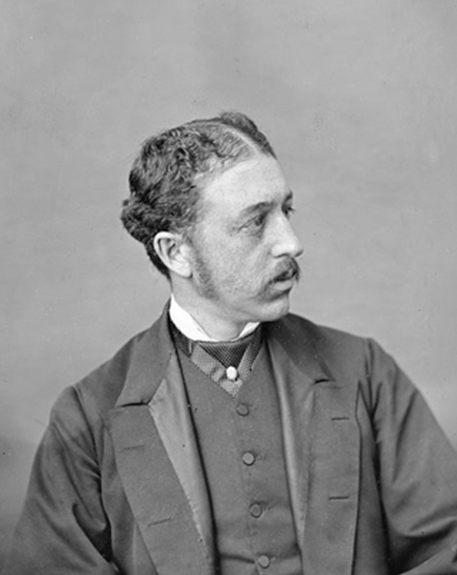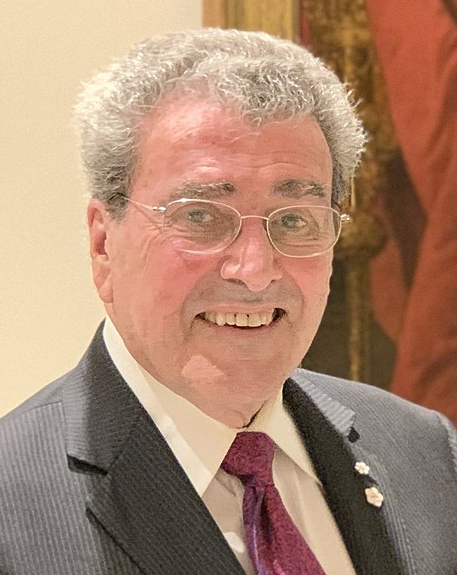1994 INDUCTEE Wilder Penfield, MD Leadership in Organizational Development, The Early Days - Health Care Pioneers, Health and Medical Education & Training, Brain & Mind
January 26, 1891
(Spokane, Washington)
April 5, 1976
BLitt, Princeton University (1913)
Merton College, Oxford
MD, Johns Hopkins School of Medicine (1918)
1967: Companion of the Order of Canada
1960: Lister Medal for Contributions to Science
See All AwardsAwards & Honours:
1967: Companion of the Order of Canada
1960: Lister Medal for Contributions to Science
1953: Order of Merit, New Year Honours List
1951: Flavelle Medal
1950: Foreign Honorary Member of the American Academy of Arts and Science
1943: Fellow of the Royal Society
Royal Bank Award
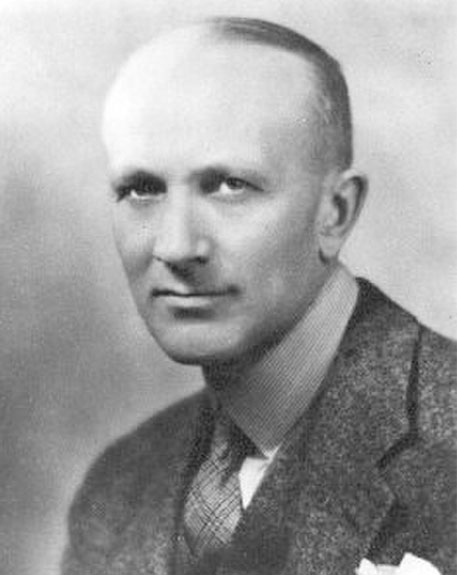
Developed an effective treatment for epilepsy and created a functional map of the brain
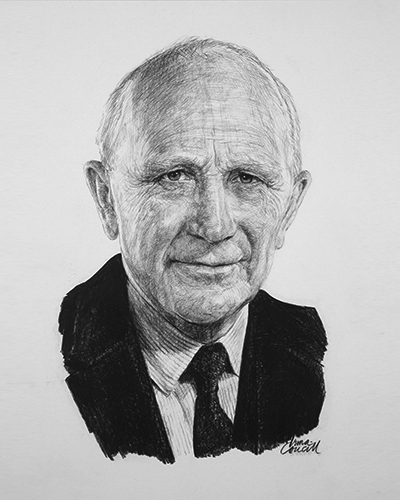
A pioneering clinician and distinguished medical researcher
With a determined passion to unveil the inner complexities and mysteries of the human brain, Dr. Wilder Penfield made ground breaking advancements in neuroscience that would forever change the treatment of epilepsy. His vision was to unite scientists from various disciplines to ultimately advance the neuroscience field and improve our understanding of the human brain. As a result, he established the Montreal Neurological Institute (MNI). As Director of the MNI, Dr. Penfield made significant breakthroughs in the understanding and treatment of various forms of epilepsy and of brain scars resulting from trauma.
Key Facts
Became Montreal’s first neurosurgeon
Made significant discoveries about which body functions were controlled by which brain segments
Conducted studies on a wide range of topics including the mechanisms of headache and the role of the hippocampus in memory mechanisms
His compassion and integrity made him highly regarded by his peers, students and patients
Was a noted author and humanist, displaying broad interests and talents in biography and ethics
Professional timeline
Impact on lives today
Dr. Penfield’s lifetime of surgical experience and research mark him as one of the giants of neuropathology and neurosurgery. Not only do some of his surgical techniques remain in use but, due to his vision and revolutionary forethought, the Montreal Neurological Institute and Hospital endures to this day. As an international leader in brain research and multi-disciplinary collaboration, the MNI continues to educate and mentor new generations of scientists.
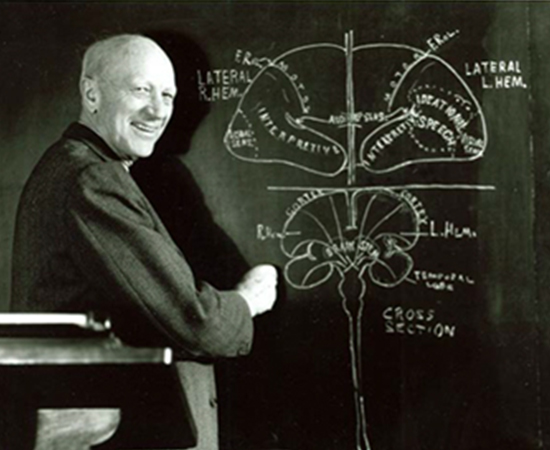
1994
-
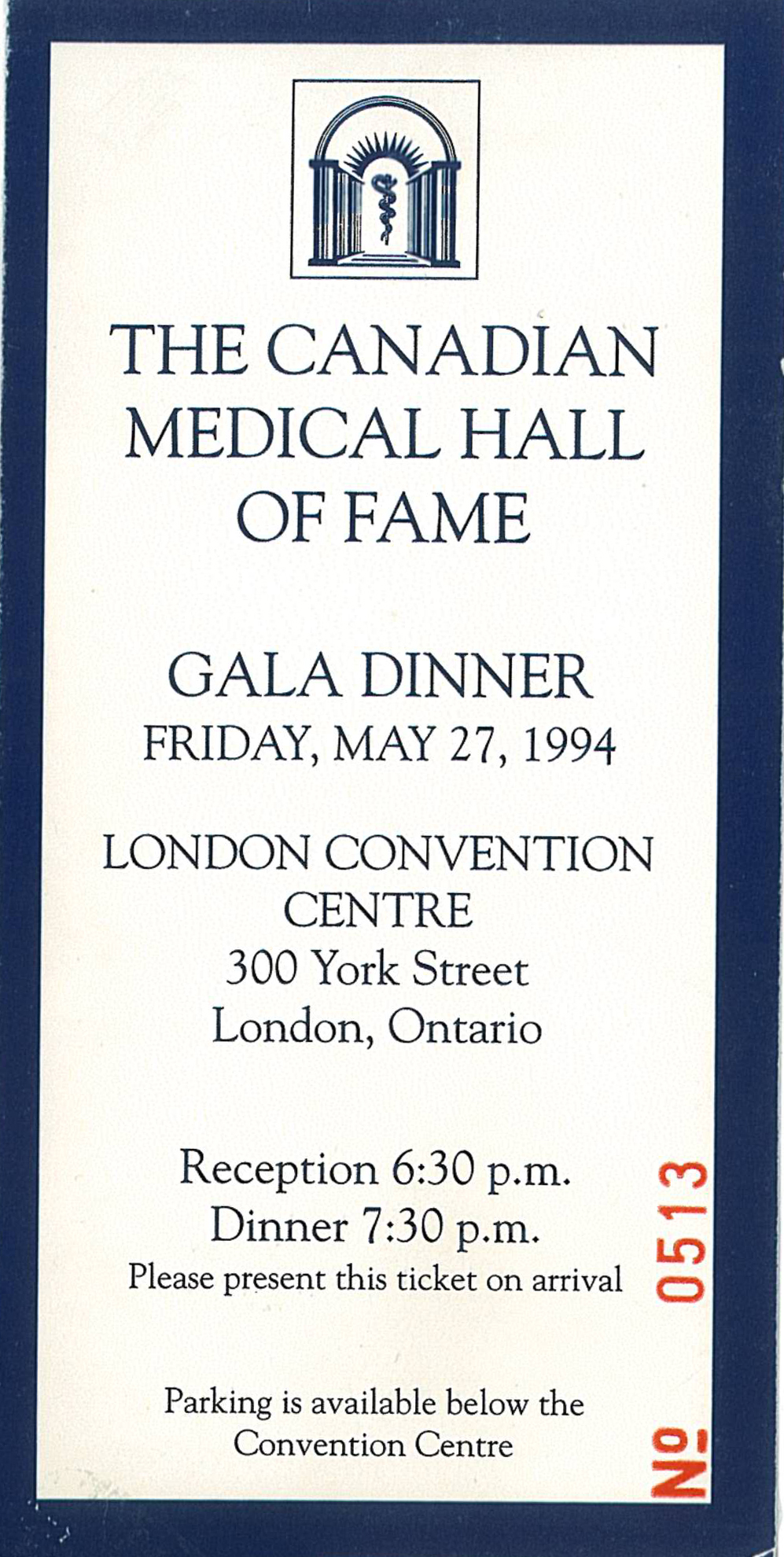
Wilder Penfield posthumously inducted into the Canadian Medical Hall of Fame
London, Ontario
-
After almost three decades as Director of the MNI, Penfield retired
Leadership in Organizational DevelopmentNever one to seek rest, he remained active in various endeavours. In addition to writing medical biographies and historical novels, he also co-founded the Vanier Institute of the Family.
-
While developing the Montreal Procedure, Penfield was able to create functional maps of the brain
Brain & MindThis ability to identify which parts of the brain controlled different body functions advanced the scientific understanding of memory, dreams and consciousness, emotions and sensation, and informed the development of treatments for various brain disorders.
-
Alongside his colleague, Dr. Herbert Jasper, Penfield refined a surgical technique named the “Montreal Procedure”
Patient Care, Brain & MindUsing the patient’s guidance, the technique involved probing the brain to identify the exact location of scar tissue responsible for epileptic seizures in the patient. The removal of this tissue proved effective for the treatment of epilepsy.
-
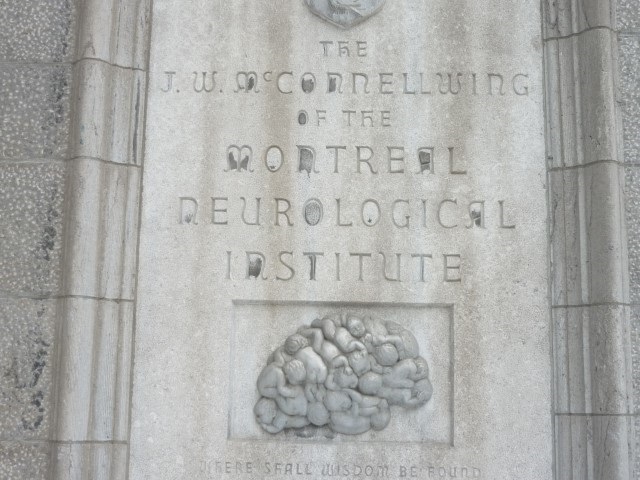
The Montreal Neurological Institute was established
Leadership in Organizational DevelopmentPenfield realized his vision of a multidisciplinary institute where members worked together to advance understanding and treatment of neurological conditions.
-
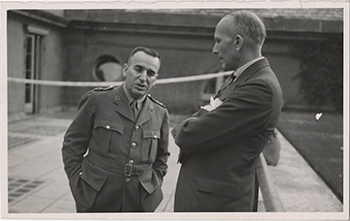
Noting his success in neurosurgery, McGill University recruited Penfield to teach and work at the Royal Victoria Hospital in Montreal
Health and Medical Education & TrainingHe agreed and convinced his surgical partner, Dr. William Cone, to join him.
-
Penfield served as surgeon at the New York Neurological Institute
Patient Care, Brain & MindAfter becoming disillusioned with surgeons’ limited capacity to treat a number of ailments, Penfield travelled to Germany where he spent two years studying the causes of epilepsy
-

Penfield graduated from medicine at Johns Hopkins
He then completed his internship under Harvey Cushing in Boston at Peter Brent Brigham Hospital.
-
After finishing his literature degree at Princeton University, Penfield decided to pursue medicine
A Rhodes scholarship enabled him to study at Merton College, Oxford, where he was influenced by many great medical teachers, such as Sir William Osler.
1914
The problem of neurology is to understand man himself.

